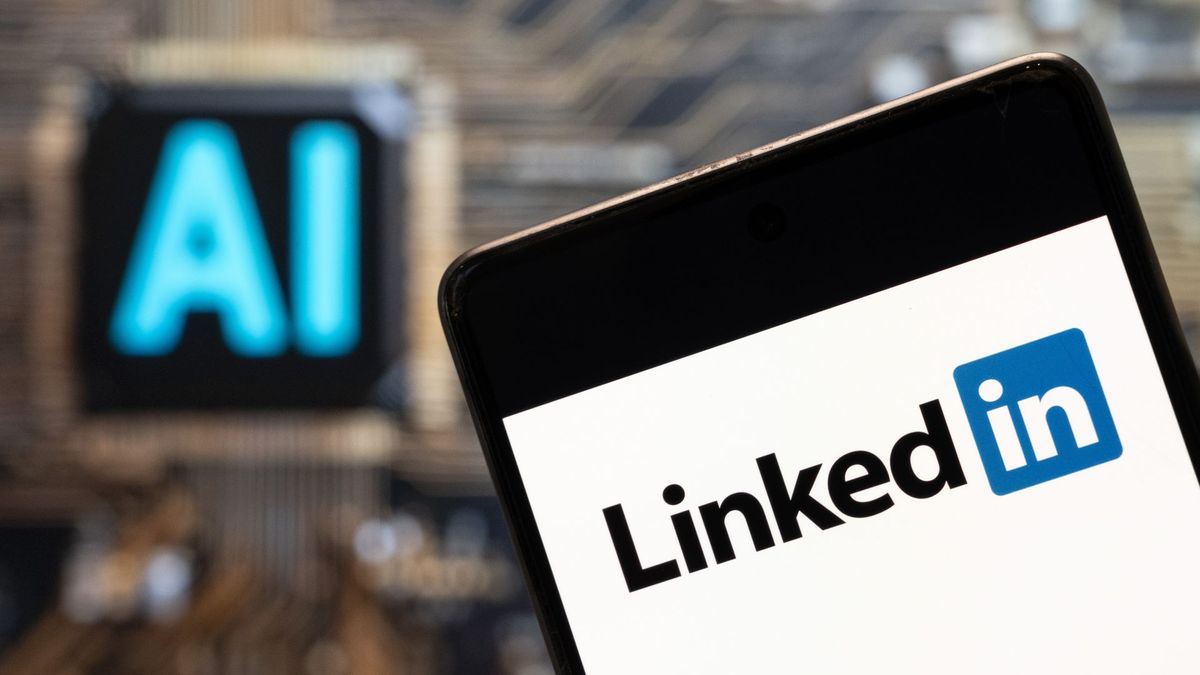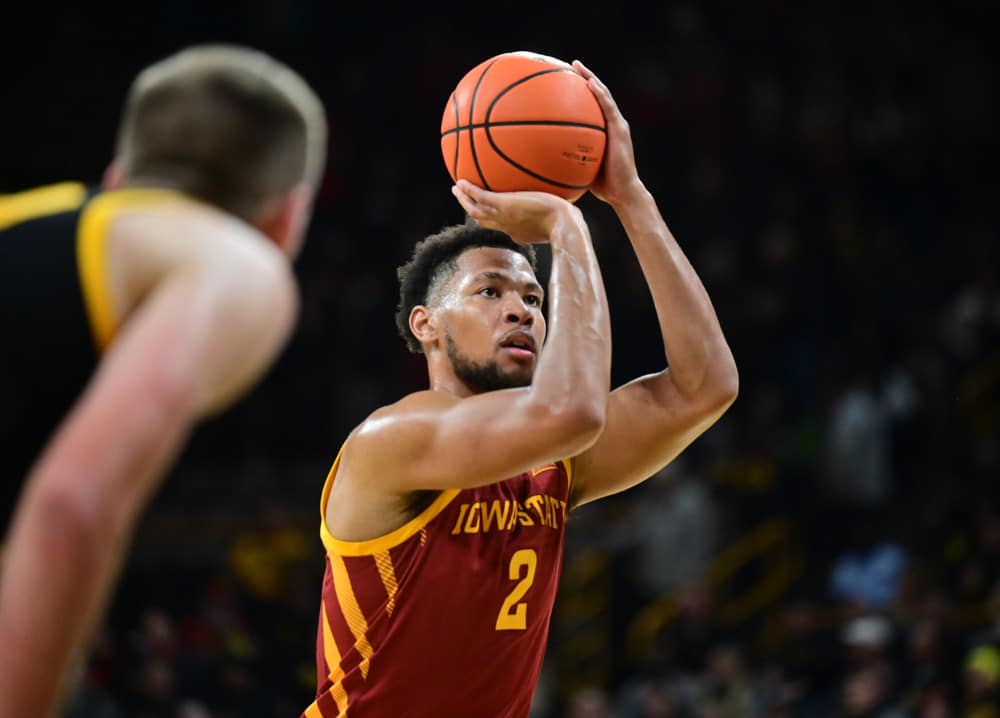Sports
Is NFL ‘Sunday Ticket’ Overpriced? The Answer May Shape the Future of Sports Rights

Consumers suing the NFL opened a trial on Thursday that’ll decide whether the league’s broadcast model violates antitrust laws by highlighting a stark contrast between it and the other four professional sports leagues: Viewers who want to watch games that aren’t broadcast locally must purchase Sunday Ticket. This means that Kansas City Chiefs fans living in Los Angeles must pay hundreds of dollars per year at allegedly inflated prices to watch their favorite team play. There’s no offering that allows them to just watch Chiefs games.
“If you’re a fan that wants to watch a game in the local market other than the three to four being aired,” said Amanda Bonn, a lawyer for the class said, “you can’t go buy a single game” and are forced to buy the entire Sunday Ticket premium package.
The argument set the stage for a trial in federal court in downtown Los Angeles between the NFL and consumers who claim that they overpaid for Sunday Ticket. The eight-year-old legal battle centers on allegations that the league and its 32 teams conspired in violation of antitrust laws to allow the NFL to reach exclusive deals with broadcast partners for the right to air out-of-market games. At stake in the ligation for the NFL if it’s found that it has monopoly ownership of such games: More than $20 billion and a broadcast model that’s made it the most popular sports league in the country.
During opening remarks, Beth Wilkinson, a lawyer for the NFl, pointed to the league’s immense popularity, arguing that consumers are satisfied with its offerings, which she said includes NFL RedZone and NFL+.
“The NFL tries to provide as much football as they can to as many fans as possible. Why?” Wilkinson asked. “Because that builds a big fanbase. That’s why America’s favorite sport is football. They want to offer it to as many people as possible for the lowest possible cost.”
The two sides clashed on the price of Sunday Ticket. The NFL said that the average cost of the offering between 2012 to 2022 was roughly $102, with DirecTV controlling that price, while consumers said that the cost surpassed $1,300 per year because they were forced to pay for the network’s satellite TV subscription on top of Sunday Ticket.
“That is the expensive toll road they set up,” Bonn said.
The consumers’ case revolves around allegations that the NFL engaged in a price-fixing scheme with DirecTV. In a 2012 email from Robert Stecklow, former director of sports strategy for DirecTV, to an NFL executive, he wrote, “Let’s make a decision in the room” and that the league “100% [has] agreed on pricing every year in a meeting just like yesterday.” Bonn said the correspondence indicates that the NFL annually secured advance notice of DirecTV’s prices for Sunday Ticket. “That’s price-fixing,” she added. “That is illegal.”
In another message from Alex Kaplan, DirecTV’s director of revenue and product management, to a AT&T executive when the two companies were contemplating a merger that threatened the league’s ability to control prices, the executive wrote, “I have wanted to drop the price” of Sunday Ticket but the NFL rejected the request because the league “deem[ed] their product as a premium offering” and that “dropping the price would send a message that their product needs help.”
The NFL’s opening statements focused mostly on so-called procompetitive effects justifying the pooling of its teams’ broadcast rights, including the ability of CBS and Fox to air local games for free. Other leagues, Wilkinson argued, don’t do this to the detriment of their fans.
“The idea is to please the most people you can and provide the most services to avid fans,” she said. “It’s only the NFL that allows you to see every game for free in the home market. Why is that? Because the NFL wants as many fans as they can get.”
Under the league’s deal with CBS and Fox, there’s a single telecast for every Sunday afternoon NFL game, with the networks in turn being granted the exclusive right to broadcast a limited number of games through free, over the air TV in local markets. No more than two games can be broadcast at the same time in any given local market. This effectively provides the networks exclusive rights to certain games.
And since the stream for Sunday Ticket is the same as the one on CBS and Fox, consumers benefit from the networks’ innovations and hefty investments into the broadcasts, Wilkinson said. This includes Fox adding a yellow line indicating the first down line, CBS’ skycam — a cable-suspended camera system that allows for different views — and significant contracts to popular announcers.
“The biggest cost is for famous announcers like Tony Romo,” Wilkinson added. “Well guess what? Those people charge a lot of money. Who pays for it? Fox and CBS.”
According to the NFL, Fox and CBS invested in 2022 a fraction of the cost for MLB, Nascar and college football broadcasts (30 percent, 41 percent, 34 percent respectively).
The upshot, Wilkinson continued, is that the NFL’s 32 teams are allowed to package their rights for the NFL to sell however it wants. The only question is whether it’s “reasonable to allow CBS and FOX to broadcast games for free and for avid customers to contract with DirecTV” for Sunday Ticket, she said.
“We’re in LA; everyone knows TV programs are exclusive,” the defense lawyer said. “Back in the day, we only saw Seinfeld on NBC. They don’t have to give their content to other networks. You’re allowed to sell your product how you want.”
In 2022, the NFL struck a deal with YouTube for the rights, which used to be held by DirecTV. Bonn said the NFL rejected a bid from ESPN for the rights because it wanted to price Sunday Ticket at $70 — a steep discount from the $499 that the Google-owned company offers it.
“This has been the deal: Protect networks by keeping the price of Sunday Ticket high,” Bonn explained. “This hurts fans who couldn’t afford to buy the product and those that did buy [it] but were overcharged.”
After opening statements, Steve Bornstein, former chief executive of NFL Networks, took the stand. In a contentious exchange with William Carmody, a lawyer for the consumers, he denied the NFL’s broadcasting partners paying “exclusivity premiums.” After he was impeached, Bornstein said, “The fact of the matter is that CBS, Fox and DirecTV all pay exclusivity premiums in the form of rights fees to the NFL, correct.”
Bornstein was also asked about an undated email from Sean McManus, chairman of CBS Sports, who asked for clarification on the premium pricing for Sunday Ticket and wrote that “the concept here has always been that these packages are sold at a premium, thereby limiting distribution.”
Carmody grilled Bornstein on whether he responded that it’s in violation of antitrust laws to discuss pricing. “I would never say that, no,” he said.
On this email, Bornstein added, “The concern here was taking their products, taking the games they produced, and putting it up against them. They were fanatical about that having a negative impact and would do anything to protect that.”
There are multiple agreements at issue in the case that allegedly resulted in DirecTV’s monopoly ownership of out-of-market telecasts. Among them: A deal with the NFL and its teams agreeing not to compete with one another in telecasting their games and instead conveying those rights to the NFL; the league’s agreement with CBS and Fox to create a single telecast for every Sunday afternoon NFL game, with the networks in turn being granted the exclusive right to broadcast a limited number of games through free, over the air TV in local markets; and an agreement between the NFL and DirecTV enabling the bundling of out-of-market games into the Sunday Ticket subscription package.
These agreements may be anticompetitive, because they could’ve prevented teams from individually producing telecasts of games.
The trial is expected to last roughly two weeks, with each side having 25 hours to present their cases. NFL commissioner Roger Goodell is expected to testify.









:max_bytes(150000):strip_icc()/roundup-spanx-sale-tout-4c3943da60874007a7f901db81b866b7.jpg)
